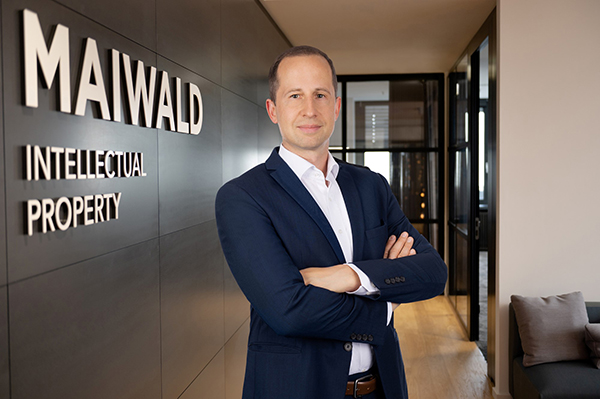In nullity appeal proceedings, on the application of the appellant the Federal Court of Justice ruled on 23 January 2024 (case no. X ZR 161/23 – not published yet) to significantly reduce the value in dispute for both the court of first instance and the appeal court while formulating the following guiding principles:
a) The patentee’s expected sales of a certain pharmaceutical product during the residual term of a formulation patent are not a suitable basis for determining the value in dispute in patent nullity proceedings if this pharmaceutical product does not make use of the teaching of the contested patent.
b) The value in dispute in an infringement case is generally a good indication of the value of the patent being challenged in an invalidity action, even when the applications in the infringement action have been withdrawn.
The Federal Patent Court had previously increased the value in dispute in the first instance proceedings to the maximum admissible value in dispute of 30 million, although both parties agreed that the patentee’s pharmaceutical product in question does not make use of the teaching of the patent in dispute (Decision of 27 June 2023 – case no. 3 Ni 13/22 (EP)).
The Federal Court of Justice correctly held that there are no reliable grounds for believing that sales of the pharmaceutical product in question (with the active ingredient fingolimod) would be impaired by the declaration of invalidity of the patent in dispute to an extent relevant to the value in dispute. Rather, the value in dispute is largely determined by the possibility of preventing the sale of embodiments that make use of the teaching of the patent in dispute. In the opinion of the Federal Court of Justice, this is reflected in the value in dispute of the parallel infringement proceedings, so that there is no reason to deviate from the usual supplemental charge of 25% on the (provisional) value in dispute of the infringement proceedings.
